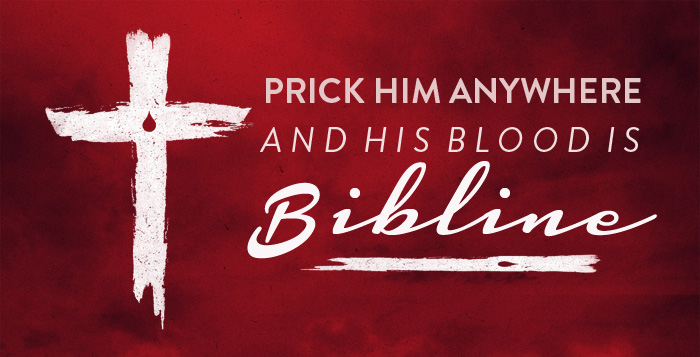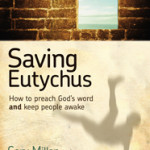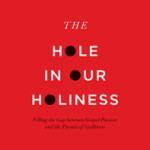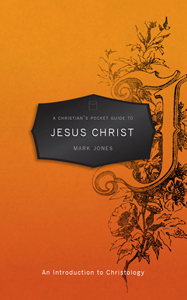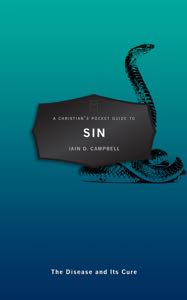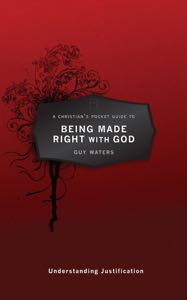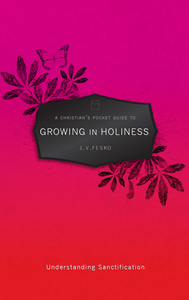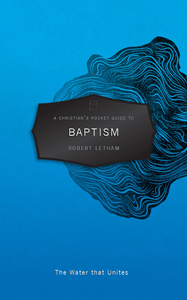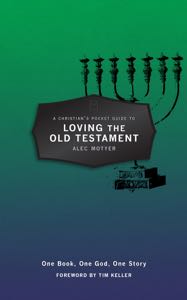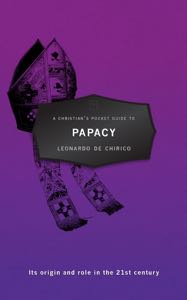
It’s as though Paul puts on his spiritual stethoscope, listens to the Philippians heartbeat, and discerns the disease of disunity threatening their fellowship. To help their joy in Christ, he gives tells them his diagnosis. He says first . . .
Diagnosing the Disease of Disunity
Selfish scheming is the symptom. In 2:3 Paul says, “Do nothing from selfish ambition.” The word here in Greek is political. Aristotle used it to describe the self-seeking pursuit of politicians to secure a seat in government. It’s an ugly self-promotion that will step on the necks of others to lift oneself up. Simply put, it’s the sinful advancement of self; advancing your interests, your concerns, your convictions, your goals at all costs.
Empty glory is the sickness. “Do nothing from selfish ambition or conceit.” I understand Paul to say here that selfish scheming comes from the sickness of conceit—more literally rendered “empty glory.” It’s the conceited opinion that says, “I am glorious.” It’s quite possible that down in the deeper recesses of your heart (I know it’s there in mine) you harbor a great fear that goes like this, “I’m terrified that I won’t matter, that others will think me unimportant. That many will not know how great and gifted I really am.” We have empty glory, which Satan will take and turn into selfish scheming. We want to manufacture what we lack, glory for ourselves. Paul has thus put a probing finger on the exposed nerve of the Philippians problem. But he doesn’t leave them here, he says next . . .
Authentic humility is the remedy. Look at the end of 2:3, “In humility count others more significant than yourselves.” Empty glory says, “I am significant,” but authentic humility counts others as more significant; it counts other as more worthy. Notice also how Paul counters selfish scheming in 2:4, “Let each of you look not only to his own interests, but also to the interests of others.” If we count others as more significant than our attention will increasingly focus on their interests.
Last Sunday morning I was seated in our toy room, reading commentaries on Philippians, while our boys jumped from the fourth or fifth stair of our staircase onto a pillow bed they’d constructed. Every time Hudson would get ready to jump he’d say, “Daddy, watch.” This is a place were Philippians 2 meets everyday life. Will authentic humility watch him jump twenty times, or will empty glory say, “Son, I’m preparing to preach God’s word—I can’t watch right now.”
Philippians 2 meets everyday life when you are tired after work, want to watch television, and your wife asks if you will entertain the kids while she makes dinner. Philippians 2 meets everyday life when you want to let the world know about your opinions on social media and your child needs help with the homework. Philippians 2 meets everyday life when you want to tap out of serving in the church while a need around you screams, “Help!” Philippians 2 meets everyday life when you own interests lead you away from gathered worship while God’s people say, “We need your encouragement and your gifts to edify us.” Authentic humility is the God-ordained, everyday remedy for selfish scheming and empty glory.
Have you noticed how much Paul loves totality in instruction? He says, “Do nothing from selfish ambition or conceit,” and “count everyone more significant than yourselves.” I know well the wickedness of my own heart (you may feel the same way about your own heart) and so when I hear such totality I say, “How is that possible? How can I put pride to death everywhere and walk in humility towards everyone?” Look at 2:5, “Have this mind among yourselves, which is yours in Christ Jesus.” What a declaration! Paul is saying here, unity in Christ comes from the humility of Christ. This mind of radical humility “is yours in Christ Jesus.” He is the perfection of humility. He did not count equality with God as thing to be grasped, but humbled himself to death on a cross—to pay the penalty for the sin of all who believe in him—and God has now exalted Him to His right hand in power and authority.
If you are not a Christian, see this good news—this gospel. This is the news that your sin, which the Bible says leads to death and eternal separation from joy, has been dealt with if you would turn from your sin and trust in Christ. He offers you His life, and gives you His mind of humility.
For us as a church, Paul is announcing to us that the humble mind of Christ is ours—we have it now through faith. So we should expect and desire humble unity to grow among us. Where that grows, joy increases. For humble unity is the perfection of Christian joy.
“The Perfect Church”
When I first joined the staff of Providence Church we would start every membership class with an exercise called, “The Perfect Church.” We’d get out the white board and ask, “What are the most important traits you’re looking for in a church?” i.e. describe the perfect church.” There were certain answers that always came up, “Love,” “sound preaching,” “community,” and “mission-mindedness.” The exercise reached its apex when, after a few minutes of writing things down, we’d say, “Now all of these things will be true of the church insofar as you help them to be true.”
Now, what would happen if we asked the apostle Paul the same question, “What are the most important traits in a church?” He would offer an answer I never once heard in five years of membership classes, “Humble unity.” The older I get, the more I study God’s word, the more I find myself longing and laboring to lead a church distinguished by humble unity. For humble unity is not only obedience, it is a picture of heaven—it helps the church live on earth as a colony of heaven.
Philippians 2 provides the key, so as we begin to close let me mention two things our text says must be true if we are to experience the joy of humble unity.
A church of humble unity . . .
Loves Christ supremely. Paul says in 2:2, “Have the same mind and same love.” There is one love to rule all others: the love of Jesus Christ. To walk in humble can only happen when we are exulting in Christ above all else. He is the person we cherish the most—more than spouse, children, family, or friends. He is the conviction we proclaim the loudest—more than politics, schooling, parenting, eating, and working. I wonder whom you love the most and what you love to proclaim the loudest.
A church of humble unity loves Christ supremely and . . .
Lives for Christ sacrificially. “Count others as more significant than yourselves,” Paul says. Sacrifice your desires and interests in order to see other brothers and sisters thrive spiritually. I’d encourage you as you leave tonight and go about this week to examine your life by asking the question, “Is there anywhere God is calling me to sacrifice personal interests so that unity in the church will grow?”
May our life together be one of loving Christ supremely and living for Christ sacrificially. Let us long to walk in humble unity, filling up each other’s joy in Christ. For humble unity is the perfection of Christian joy.
The post is adapted from my recent sermon, “Rejoicing in Unity,” on Philippians 2:1-4.

